Geico’s direct repair shops last week received a notification from the insurer that in order to
address “the complexity of tracking a variety of price points” for calibration and scanning
services from different vendors, Geico had “reached an agreement with asTech to standardize
pricing and reduce friction for diagnostic, programming and calibration operations.” Under the
agreement, Geico wrote, decisions related to pre- and post-repair scans will include
“consideration” of asTech’s “Rules Engine,” which “uses data from tens of thousands of scans
to determine when a remote OEM scan is needed or when a local OEM-compatible scan can be
used, which has been verified to yield equivalent results to that of an OEM tool” Aaron
Schulenburg of the Society of Collison Repair Specialists said he appreciated that asTech had
representatives at CIC to address the issue, but still was troubled by the agreement. “I think it’s
one thing for a company to sell their services and promote why those services are valuable to
another company,” Schulenburg said. “But it is a different thing for a company to create
standardized pricing for a customer with another company. Those are two different issues, and
we keep talking about the standardized pricing and the [asTech] response keeps coming back to
the value of the service. There’s nothing wrong with promoting the value of the service. I
believe that there is something wrong with creating standardized pricing for another business.”
The prevalence of shops charging customers some amount beyond their deductible to cover
“short-pays” by insurers appears to be rising, according to the CRASH Network survey in June.
Such charges are sometimes referred to as “co-pays.” Among about 350 shops around the
country responding to the survey questions related to co-pays, about 1 in 3 (32%) said they
“never or only very rarely” charge one, but that was down from about 40% who said that in a
2023 survey. At the other end of the spectrum, 29% said they “routinely” or “always or close to
always” charge customers a co-pay, about the same as last year. Among shops who said they
routinely or nearly always charge customers some amount beyond their deductible to cover
“short-pays” by insurers, about half said an insurer’s unwillingness to pay the shop’s rates for
labor or materials was the most common cause. CRASH Network’s “Collision Industry Business
Perspectives” survey in June found that about 1 in 5 of these shops (21%) cited an insurer’s
unwillingness to pay for OEM repair procedures, and about 1 in 10 (11%) pointed to a
customer’s preference for using OEM parts.
The percentage of shops being paid regularly by eight large national insurers for the destructive
testing of welds prior to welding on a vehicle has reached a new high this year, according to the
“Who Pays For What” survey conducted this spring.




